Stainless steel, or stainless steel, is much more than just a shiny metal that enhances aesthetics and your sanitary area. It is a crucial material that is revolutionising both industrial and domestic applications thanks to its unique properties. But what is stainless steel and what makes it so special, and why is it so widely used, especially in the sanitary sector? In this blog, we dive into the fascinating world of stainless steel, explore its composition, types, and discuss its benefits and maintenance aspects.
News
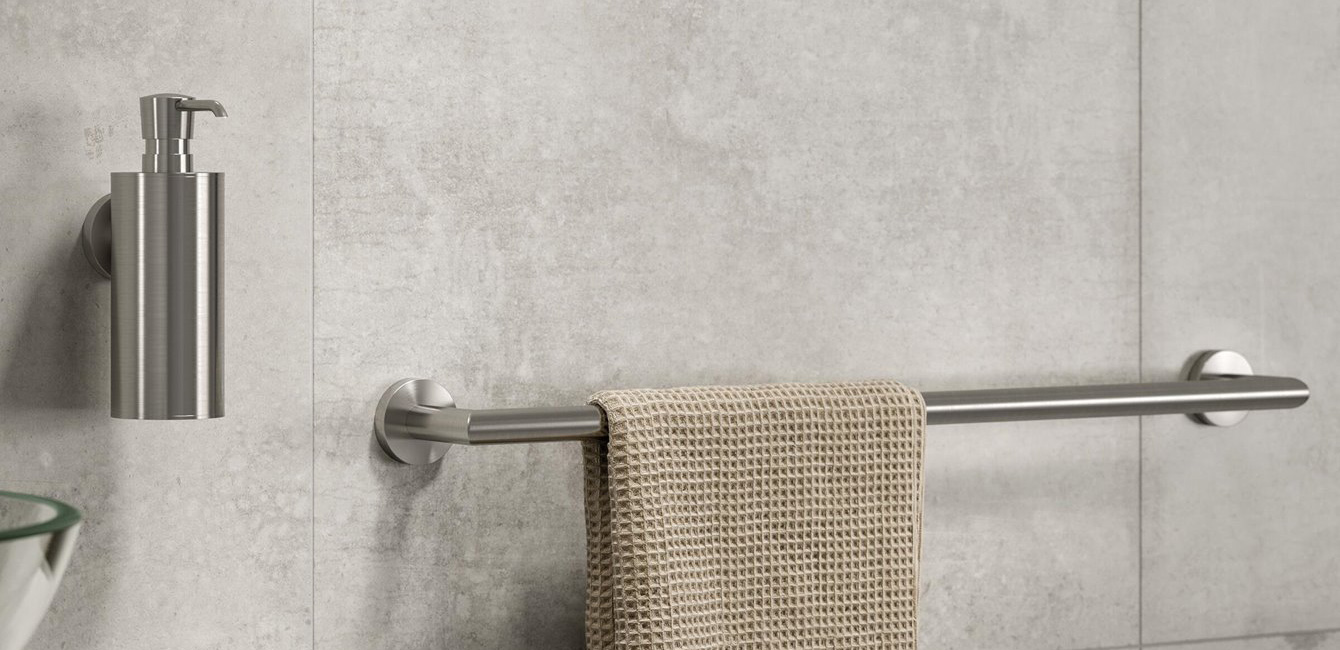
The composition of stainless teel
At its most basic level, stainless steel is an alloy composed mainly of iron, chromium, nickel, and carbon. Chromium plays a crucial role by forming a thin layer of chromium oxide on the surface, giving the metal its characteristic resistance to rust. With more than two hundred different types depending on varying combinations and percentages of these and other elements such as molybdenum, titanium and manganese, stainless steel offers a wide range of properties for various applications.
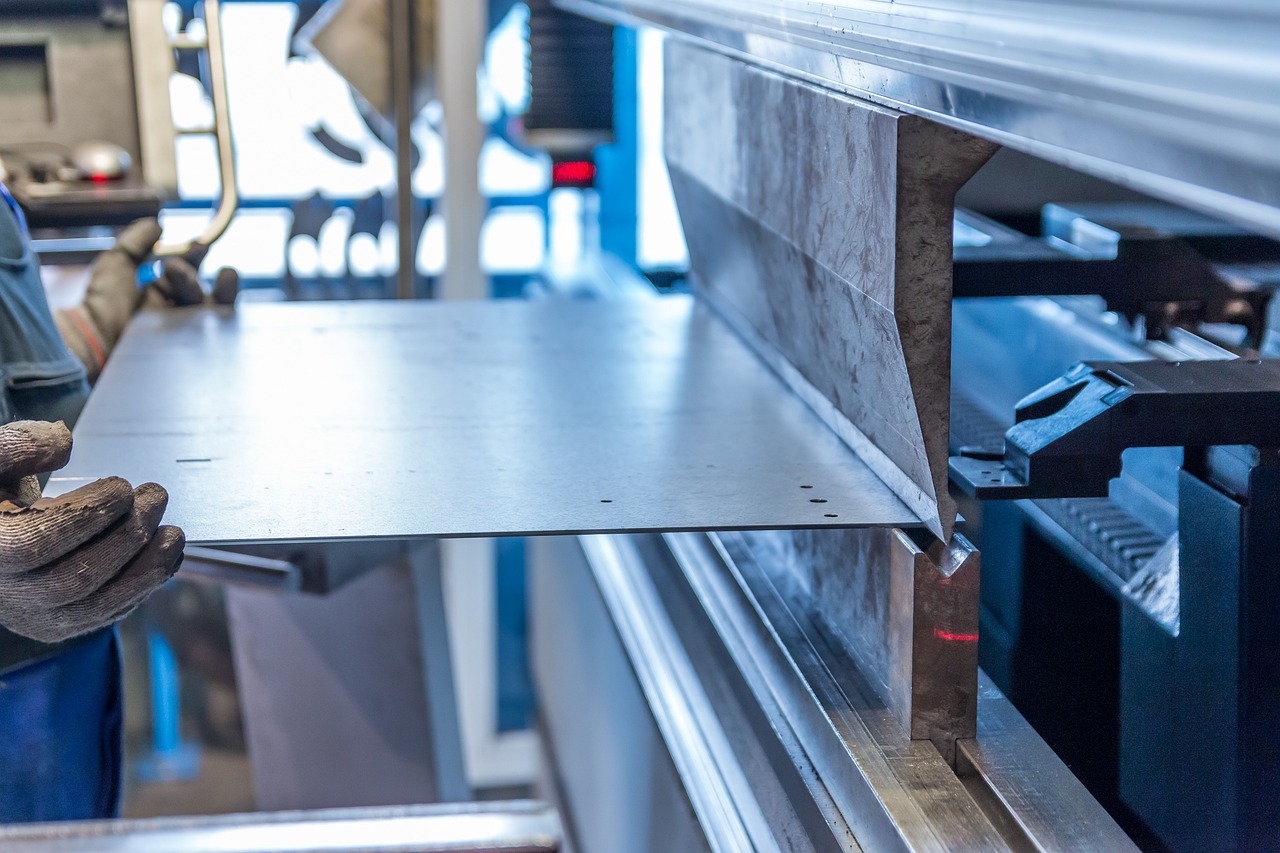
Stainless vs corrosion-proof
Although the terms stainless steel and corrosion-proof are often used interchangeably, there is a subtle difference in meaning. stainless steel, better reflects the fact that the material resists rusting under most conditions, but is not completely impervious to corrosion. Regular maintenance is essential to maintain stainless steel integrity and appearance.
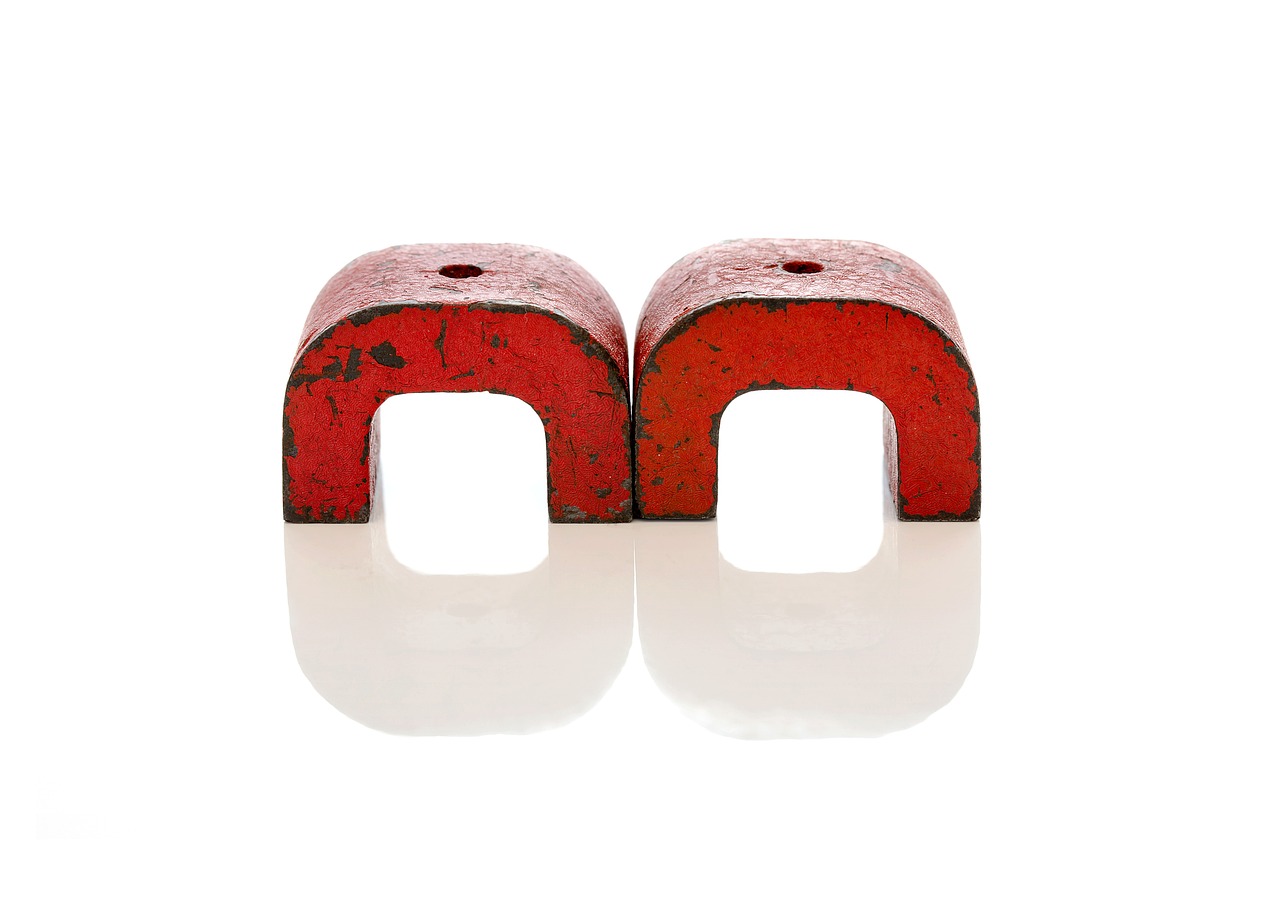
Is stainless steel magnetic?
A common misconception about stainless steel is that it would not be magnetic. However, this is not always true; the magnetic properties of stainless depend on the specific composition and processing of the material. Some types of stainless steel can be slightly magnetic, especially after certain cold treatments, but this does not affect the quality or strength of the material.
The role of stainless steel in sanitary ware
stainless steel plays a crucial role in the sanitary sector. From taps and sinks to sanitary accessories, stainless steel not only offers a clean and modern look but also ensures that surfaces are easy to maintain. Its smooth surface prevents the accumulation of bacteria and dirt, which is essential for sanitary areas.
Advantages of stainless steel
- Durable and recyclable: stainless steel is extremely durable and resistant to wear and tear, meaning it needs to be replaced less often than other materials. Moreover, it is fully recyclable, making it an environmentally friendly choice.
- Resistance to weathering: Its high resistance to corrosion and rust makes stainless steel an excellent choice for both indoor and outdoor applications. This property is especially important in humid and corrosive environments, such as in sanitary facilities.
- Timeless aesthetics: The neutral colour and ability to support different finishes, from matt to high gloss, make stainless steel a timeless choice to suit any interior style.
- Strong and tough: stainless steel toughness and high resistance to impact and deformation make it suitable for applications where strength and durability are important.
The importance of maintenance
Although stainless steel is known for its durability, it still requires regular maintenance to maintain its shine and rust-free properties. Water, fingerprints and household chemicals can stain or dull stainless steel surfaces. Therefore, it is important to use special Stainless Steel Cleaners that not only clean the material, but also leave a protective layer. These cleaners are often specially formulated to respect and protect stainless steel’s unique properties.
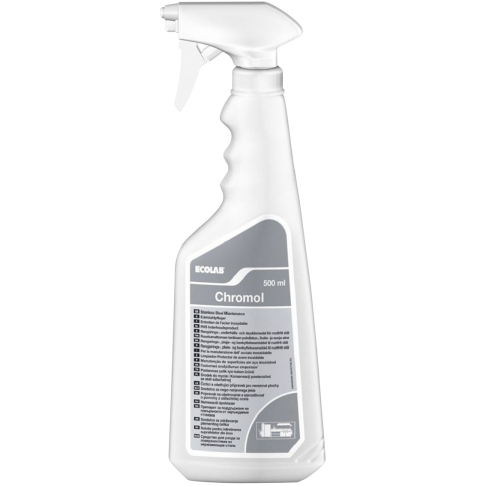
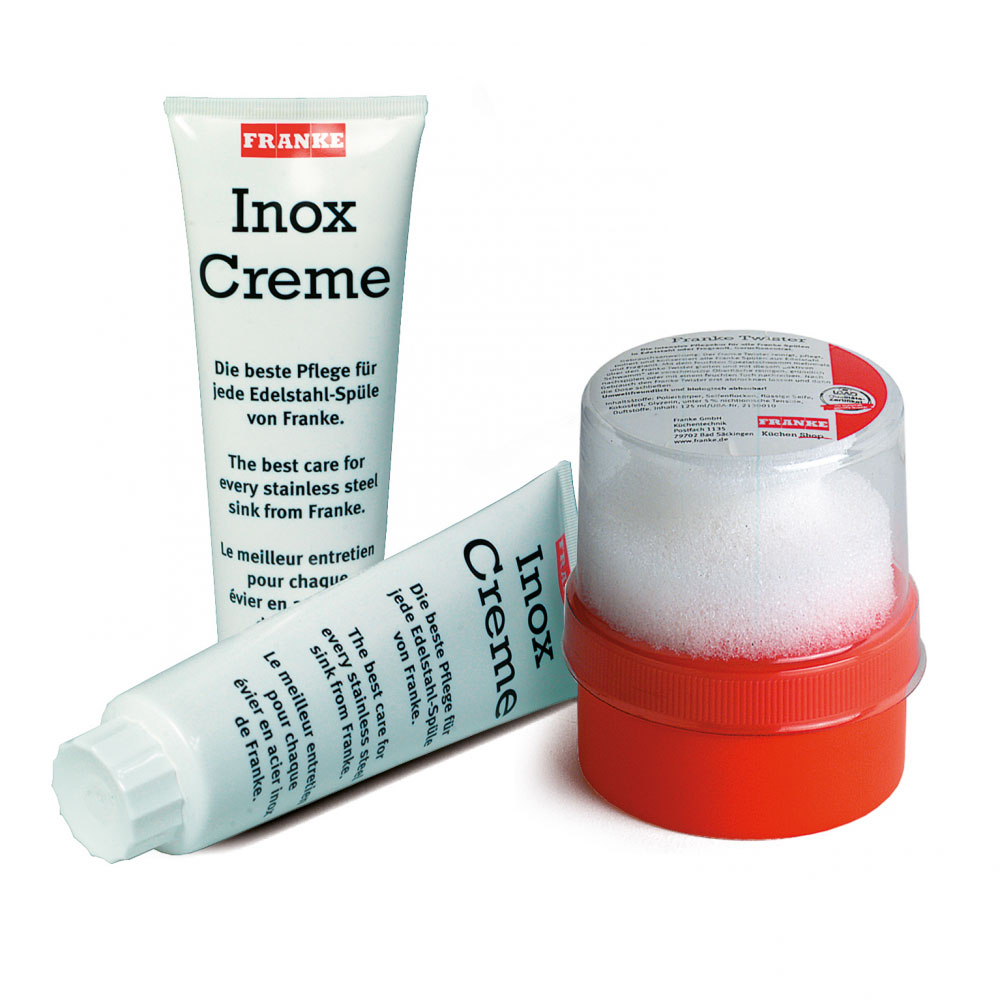
Choosing the right Stainless Steel Cleaner
When choosing a Stainless Steel Cleaner, it is essential to look for products that clean effectively without damaging the surface. Ideally, a good Stainless Steel Cleaner should remove stains, restore shine and prevent future stains. There are several Stainless Steel Cleaners available on the market, ranging from sprays and creams to wipes, each designed for specific applications and needs.
stainless steel is an important material in the modern world, especially in the sanitary sector. Its durability, resistance to corrosion and aesthetic qualities make it an excellent choice for a wide range of applications. Regular maintenance with the right Stainless Steel Cleaner ensures that sanitary facilities not only remain clean and hygienic, but also maintain their visual appeal. By understanding the properties of stainless steel and the importance of proper maintenance, we can optimise the lifespan of our sanitary facilities and maintain their beauty and functionality for the long term.
